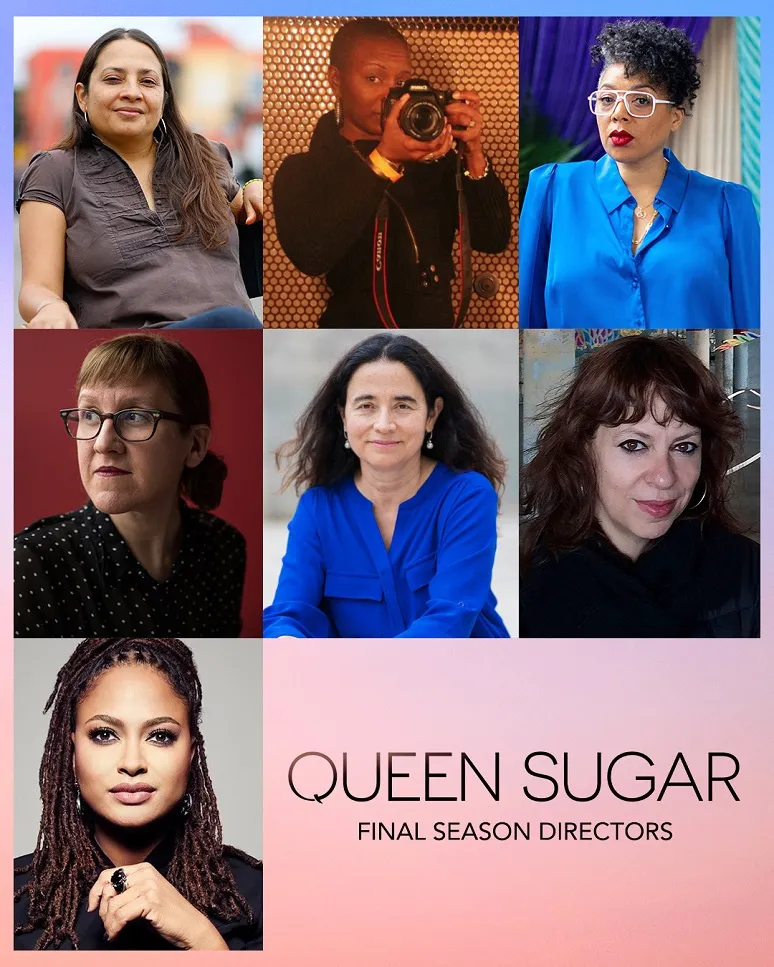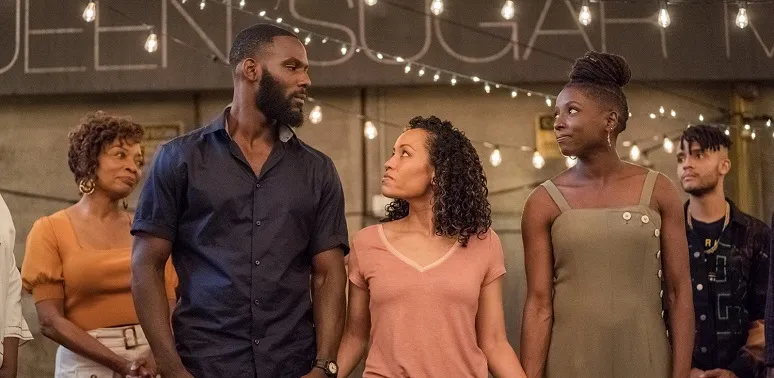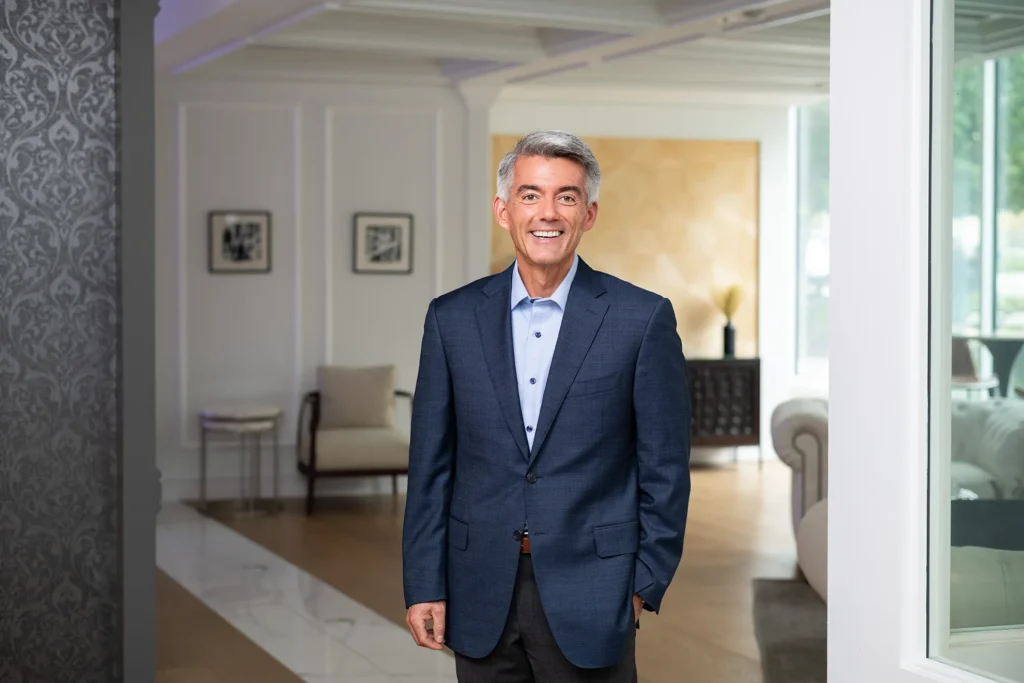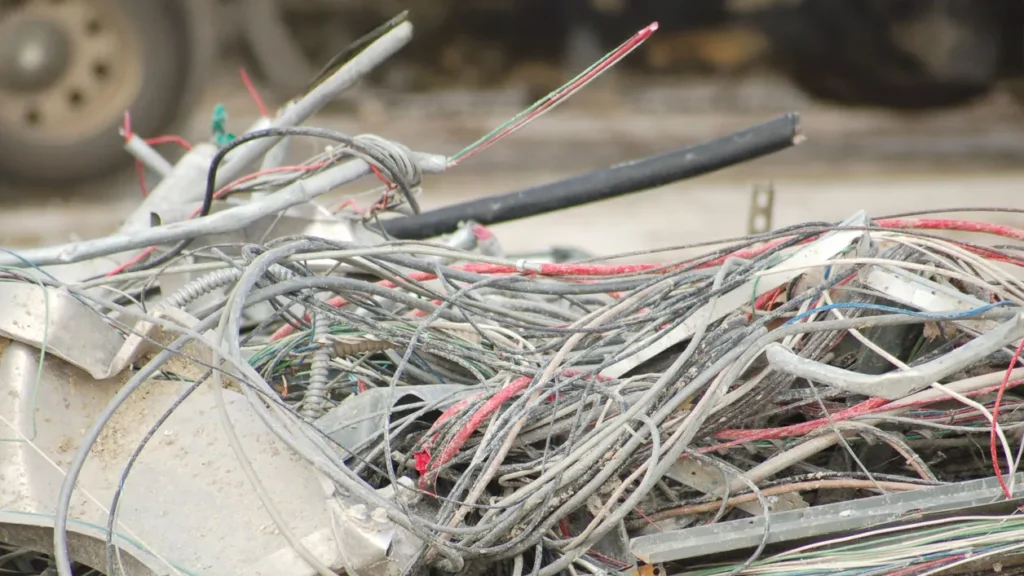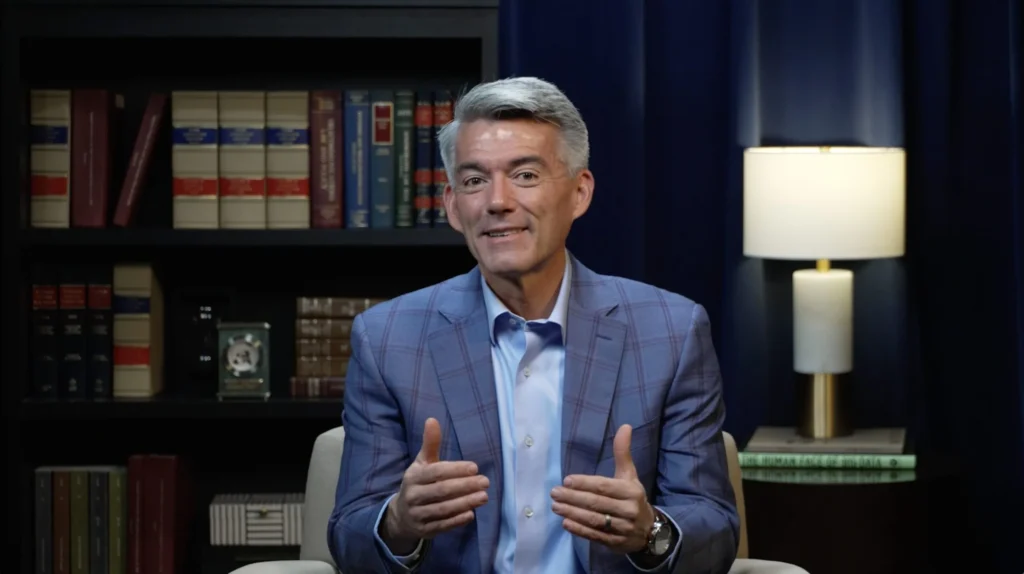The all-female-directed show, “Queen Sugar,” which airs on the Oprah Winfrey Network (OWN), presented a special session earlier this week during the Television Critics Association’s virtual summer press tour. “Queen Sugar,” which has won two NAACP Image Awards and received praise from critics for its racially progressive themes, revolves around the lives of three siblings who move back to rural Louisiana after their father passes away and leaves his sugarcane farm behind. As the series heads into its seventh and final season, the CTAM-hosted panel explored the show’s commitment to exclusively hire female directors, and the impact that decision has made seven years later, not just on the production itself but within the entertainment industry.
“Queen Sugar” debuted in 2016 and is based on the 2014 novel of the same name by Natalie Baszile. Oprah Winfrey also serves as an executive producer. At the onset, Ava DuVernay, creator and executive producer of the show, made the decision to ensure that women directed the entire 88-episode series run, which led to over three dozen women having the opportunity to direct the show, and 39 of whom were first-time scripted television directors. And with the support of Warner Bros. Television, DuVernay’s ARRAY Filmworks, Harpo Films, and OWN, the show has taken women who started out as production assistants on prior films, and independent filmmakers who were then able to break into episodic television, and propelled them into leadership positions at award-winning television productions and films, including “Westworld,” “Insecure,” “The Handmaid’s Tale,” and “The Morning Show,” to name a few.
The panelists also agreed that it is rare to see the kind of growth on the show that they experienced, such as when production assistants rose to become assistant directors, and assistant directors who were promoted to unit production managers. “I think this is something that is a model for what the industry can and should be,” said Stacey Muhammad. “For me, I think coming from an independent filmmaking world and not being the type of filmmaker that was sitting around waiting for crumbs to fall off of people’s tables, to find Ava DuVernay doing what she was doing and say, ‘Hey, here’s a space for you, we’re not going to knock down any doors, we’re going to create our own table,’ I mean it has just been a life-changing experience for every last one of us.”
DuVernay also discussed the differences in the entertainment landscape even in just the seven years that have passed. Back when the show started, she felt it was very necessary to make a conscious commitment to only hire female directors because it was an anomaly at the time, and she did receive a bit of pushback, and even ridicule for it, she shared. Today, she said, “no one would ever need to do that now because you will be looked at sideways if you DON’T have any women directing. And that is a sea change after just seven seasons.” But to have been a part of that shift in the industry has been remarkable, she added.
“I would also say that I think when Ava decided to do this, she was a trigger to a huge movement. Because I just finished directing for a new show shooting in Vancouver and there were only two male directors and one was a male of color. This was not possible seven years ago,” said Patricia Cardoso.
“When I have the honor to be a producing director on a show, I look at the crew and I’m like, ‘Let’s get some women in the camera department,'” added DeMane Davis. “I want to bring that with me everywhere that I go. I want to affect change and make sure that women are represented, that people of color are represented in every job, if possible, and give them an opportunity the way that we were granted an opportunity.”
The seventh and final season of “Queen Sugar” premieres on September 6 on OWN.
